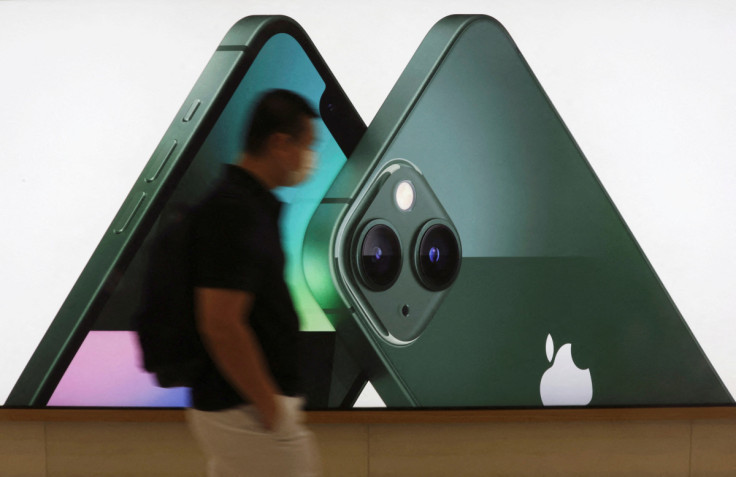iPhone 15 rumours: Next Apple smartphones to ditch Lightning in favour of USB-C port
Much to the delight of those waiting for USB-C iPhones, a new EU law is making the switch to USB-C mandatory in 2024.
The word on the street is that Apple will be getting rid of the Lightning connector soon in favour of a USB-C solution. In line with this, the European Union Parliament recently passed a law that requires all smartphones and tablets to come with USB-C charging ports.
So, upcoming iPhones and AirPods will feature a USB Type-C port starting from autumn 2024. Aside from mobile phones and tablets, the USB Type-C will be the standard charging port for a myriad of other devices in Europe. This includes headsets, digital cameras, GPS devices, computer mice, keyboards, and more.
Past leaks indicate the highly-anticipated iPhone 15 series will comprise the first USB-C iPhone model. A press release published by the European Parliament states the new law will become a reality in 2024. However, the iPhone 15 series models will reportedly break cover in 2023. So, we might have to wait a bit longer to get our hands on a USB-C iPhone.
The European Parliament also clarified the law will be enforced even on laptops from spring 2026. The new law gained a whopping 602 votes in favour. However, there were 13 votes against it, as well as 8 abstentions. EU attributes this decision to reducing e-waste. Also, the EU states the move will enable consumers to make more feasible choices.
So, Apple might also have to come up with a slew of new devices that support charging through a USB-C port. However, nothing is set in stone yet. Still, some reports claim the 10th-gen iPad will ditch Lightning and come with a USB-C port instead. This also aligns with Apple's decision to launch a revised MagSafe charging case for the new AirPods Pro 2. Notably, Apple Macs already supports charging via a USB-C cable.
Although the European Parliament has already passed this law, it is up to the council to formally approve it. For those unaware, the Directive can only be published in the EU Official Journal after it gains the council's approval. Furthermore, the law will be implemented twenty days after publication. Member states will have twelve days to transpose the rules.
These states must apply the rules twelve months after the transposition ends. However, it is worth mentioning here that products that arrived in the market before the application date do not need to follow the new rules.

© Copyright IBTimes 2025. All rights reserved.






















